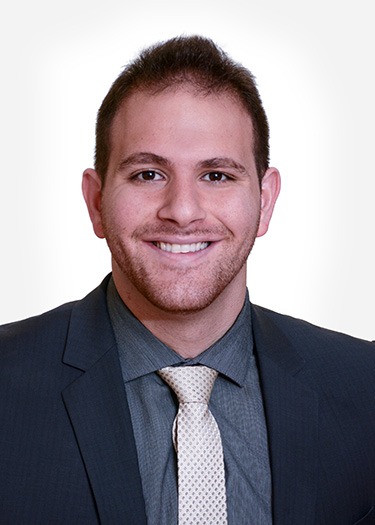
The main goal of any surgeon is to guarantee their patients not only survive but have an improved quality of life.
With the help of cutting-edge technology, most importantly robotics, patients can have excellent survival outcomes with much improved quality of life afterwards.
In the ear, nose, and throat areas, mainly dealing with cancers, robotics have come into their own in recent years.
Samih Nassif, MD, has been specializing in using laser and robotic tools to help his patients’ survival rates.
He is currently an American Head and Neck Society fellow at AdventHealth Celebration, and Dr. Nassif has carried out hundreds of surgeries during his career to date.
Now considered to have an impeccable understanding of how the power of robotics can be used in head and neck surgery, he is leading a drive to gather more knowledge of the benefits.
He believes in his specialist field of operating on cancers of the head and neck, having access to the most futuristic techniques is vital for the patient.
“Cutting-edge tools are essential in this field of surgery,” said Dr. Nassif. “It is essential to advise and educate on how we can harness the power of technology in any operation.”
“However, when it comes to a head and neck surgery, you are dealing with areas that patients have to face the world. Being able to carry out major operations leaving little or no trace is something we should be striving for.”
The Food and Drug Administration (FDA) cleared robotically-assisted surgical (RAS) devices for use by trained physicians in an operating room for head and neck procedures in November 2017.
Dr. Nassif says: “The benefits mean you can perform minimally invasive surgery in very confined areas of the body. You only need to make tiny incisions, or in some cases access these areas via the mouth or nose. It is not appropriate in all situations, but it can greatly benefit the patient and the surgeon.”
He added: “We still have so much to learn, and it is important to harness the technological power we have at our fingertips for the patient’s well-being.”
Dr. Nassif was born in Colombia and became a doctor after being inspired by his father, who is a plastic surgeon.
Previously, he was a resident physician in the Department of Otolaryngology (Head and Neck Surgery) at Tufts Medical Center, Boston, MA.
At Tufts, he was awarded a scholarship of excellence and created the Tufts Medical Center Sinus Dissection Course.
The first of its kind in the hospital, it educates aspiring physicians on performing minimally invasive head and neck operations, most notably cancer-related.
Dr. Nassif was given a grant to create the course after demonstrating his ability and high level of education and understanding in the field.
He said: “I see myself as a patient advocate. I am very passionate about ensuring that patients get what they feel is important when it comes to the outcome of their surgery. It is gratifying if I can share knowledge with others to improve their results.”
Dr. Nassif has also received the Ann and David Mishel Cancer Research Award for his defining research into aspects of the field of oncology.
He adds: “What I want to contribute to my community is providing my patients with the most cutting-edge surgical treatment they can access for their cancer. In a way that we can help them avoid as many complications as possible.”
Jennifer Harb, MD, is a specialist in Otolaryngology (Head and Neck Surgery), studied and worked with Dr. Nassif.
Dr. Harb said: “His focus is always on achieving the best patient outcomes, and he uses the latest and most thoroughly tested data to drive his decisions. I admire that he doesn’t allow himself to become stagnant in a constantly innovating field, and he is always teaching those around him and encouraging everyone to be better than they were the day before.
Dr. J. Scott Magnuson, MD, Director of Head and Neck Surgery, and the Medical Director at AdventHealth Cancer Institute, Celebration, Florida works alongside Dr. Nassif on complex surgeries.
“The anatomy that we have to deal with during reconstruction, for example, taking someone’s tongue out and then making a new one so they can talk, that’s pretty difficult,” reveals Dr. Magnuson.
“Anybody who reaches the level that he’s at and is learning the intricacies of robotics has a superior skill set. Both with the understanding of the process and the complexity of the surgery.”
John Davis is a seasoned health journalist with expertise in public health and medical research. Holding a degree in health sciences, John excels in making complex health topics understandable and engaging for his readers. His articles, featured in top health publications, cover everything from cutting-edge treatments to public health policies. Outside of journalism, John is an advocate for health education and frequently speaks at community events.